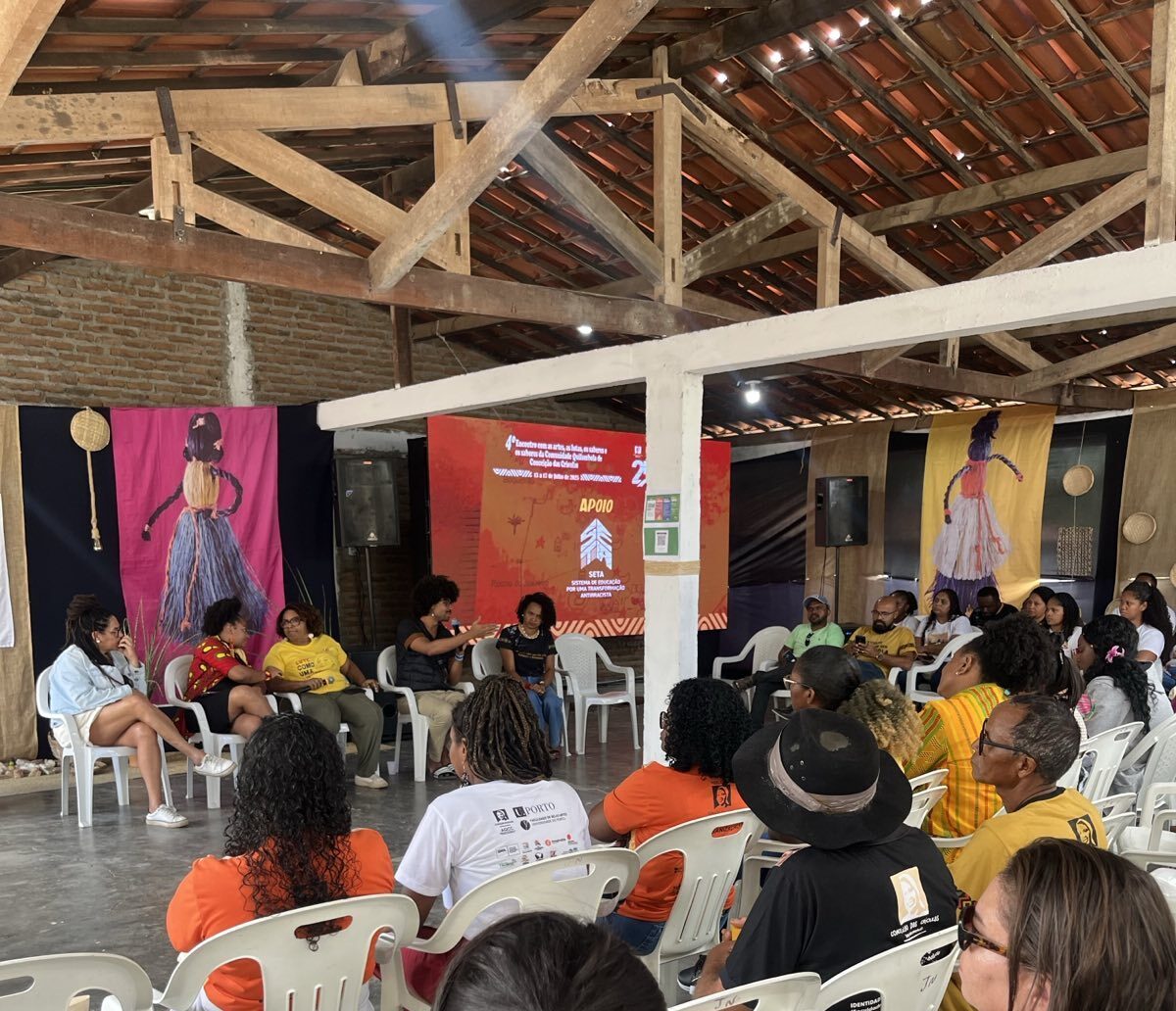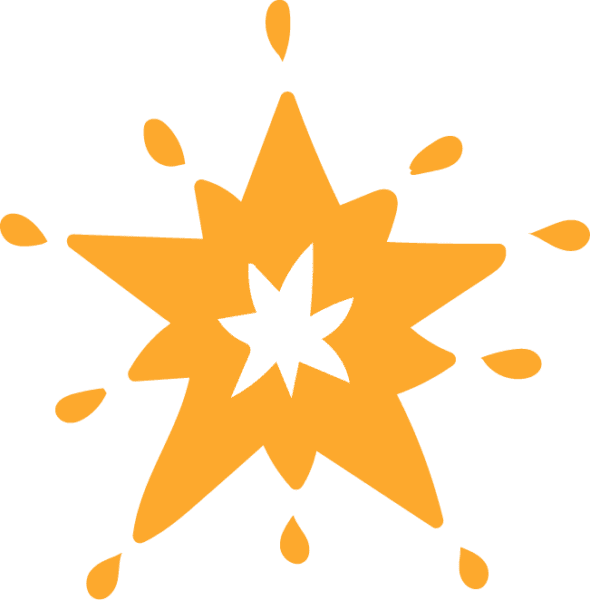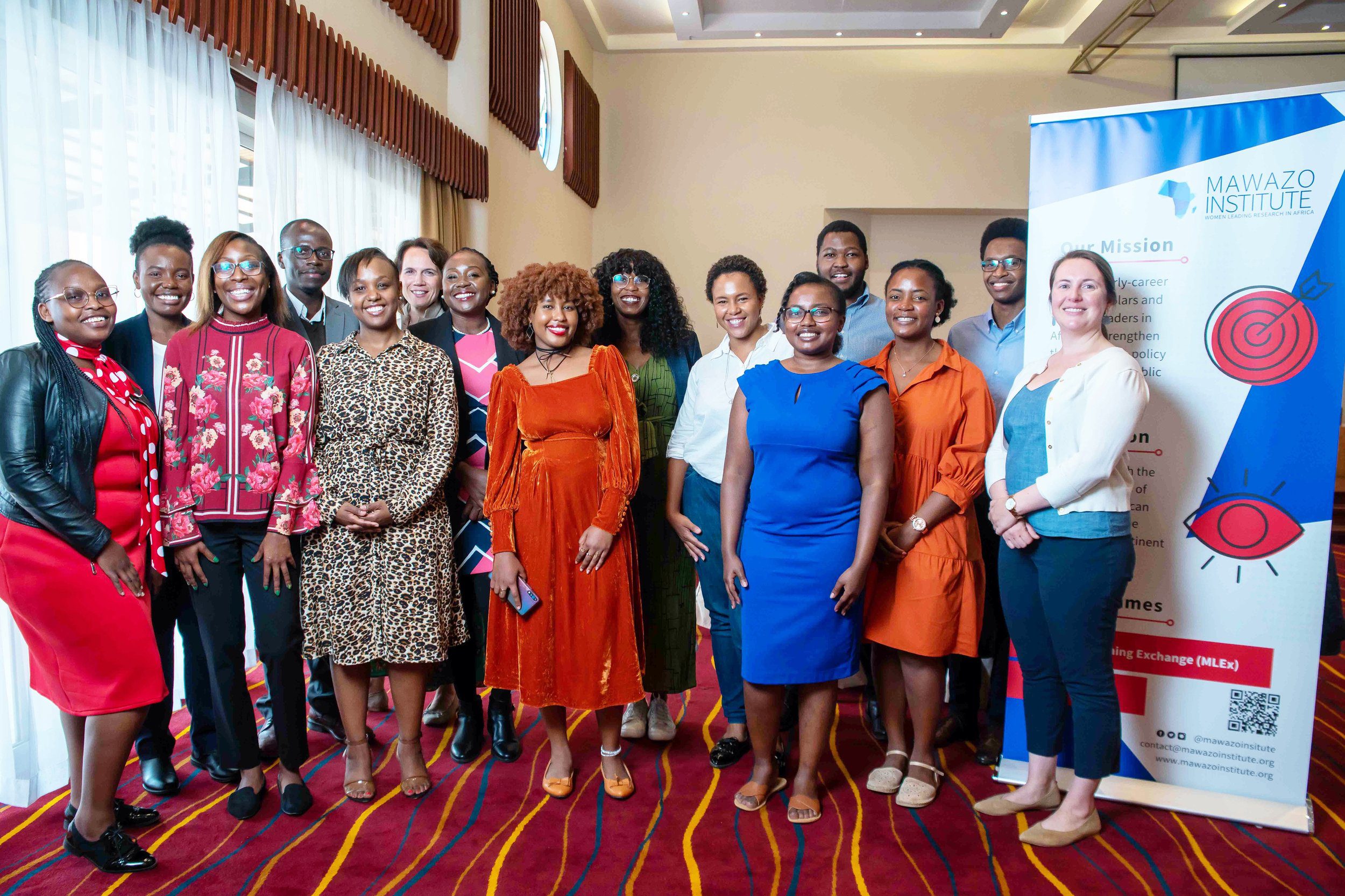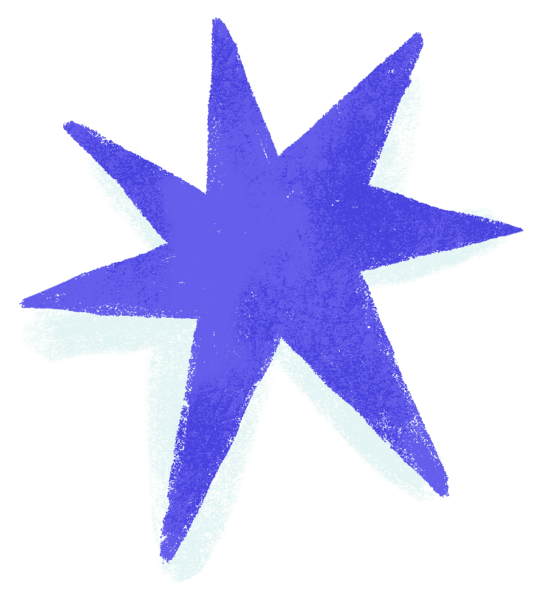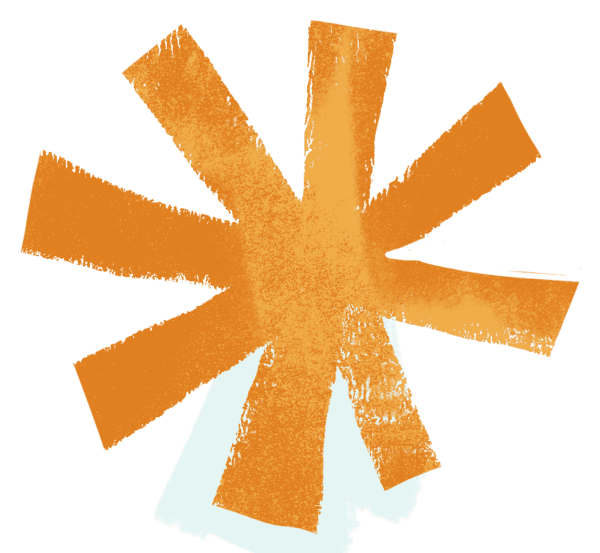We are always looking for partners who are working toward a similar vision within our funding countries of Kenya, Brazil and the United States. Therefore, when evaluating an opportunity, our first step is to determine if there is both strategic and geographic alignment.
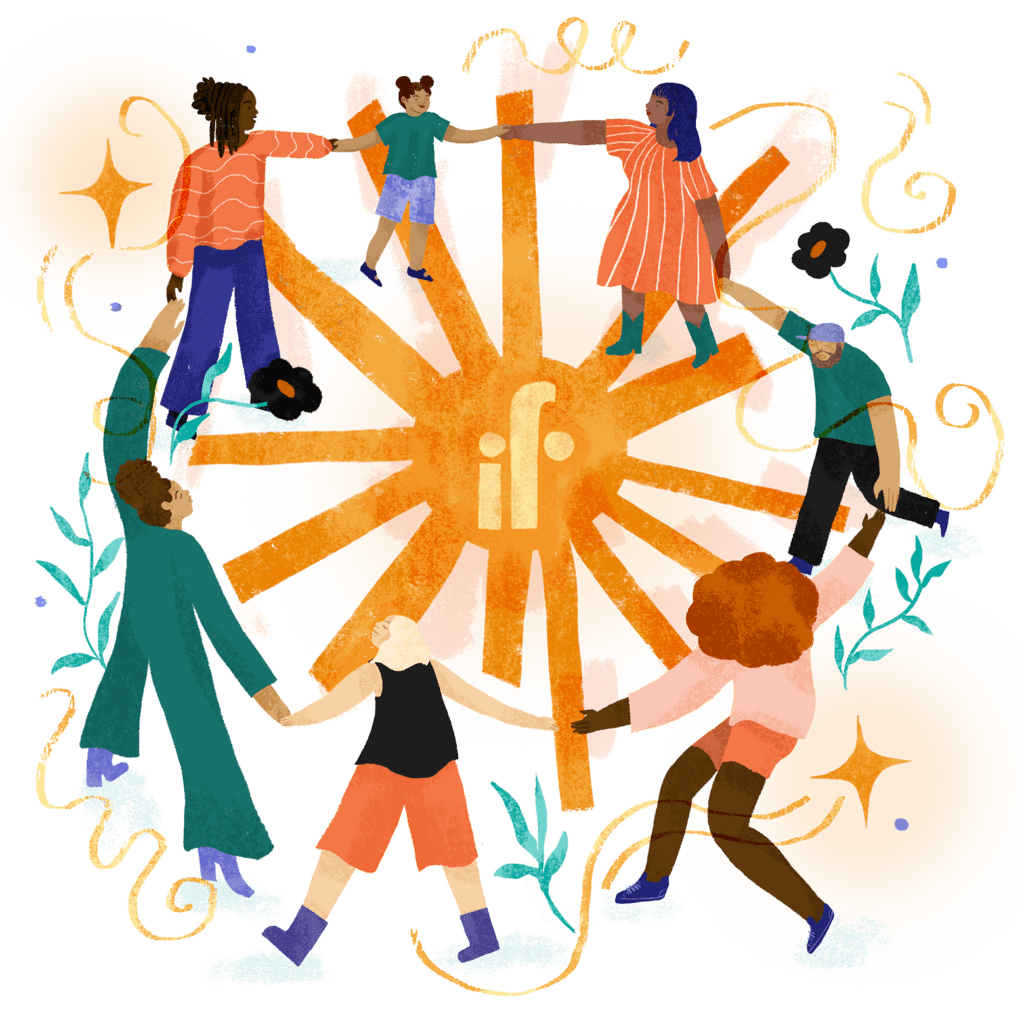
WHO WE WORK WITH
Possibilities through Partnerships
Our broad partnership network includes the organizations we fund, those we co-fund with and a wider circle of aligned partners who share our commitment to equitable education. Together, we collaborate towards a common goal: advancing equity in education and sparking positive change for all learners.
Collaborations for Lasting Change
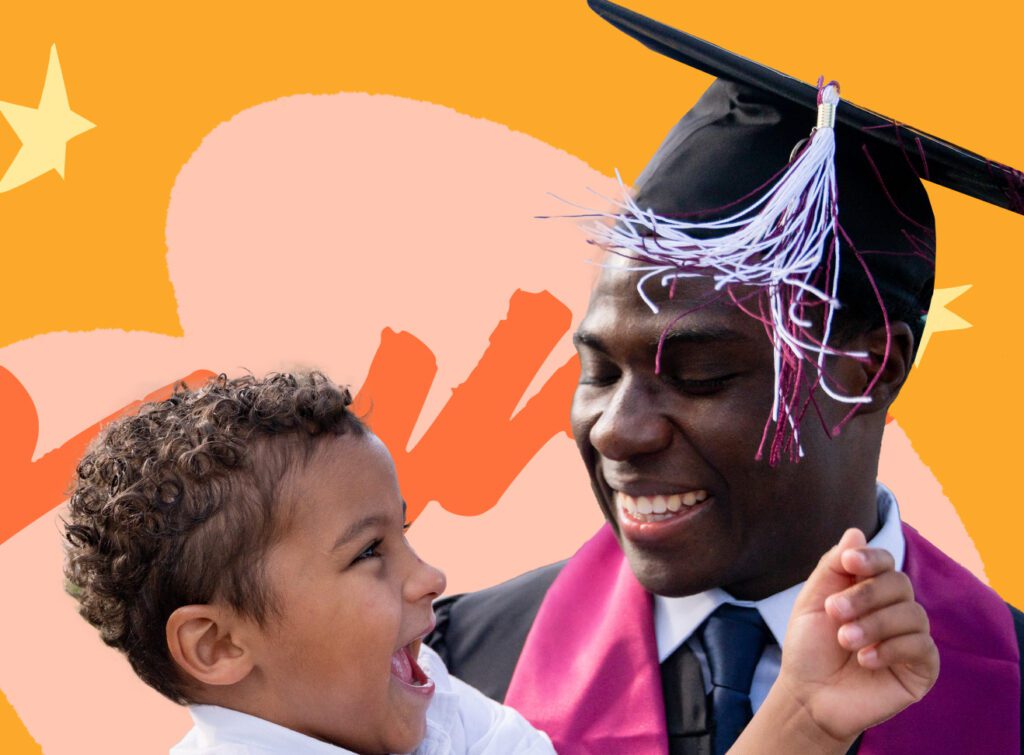
Nurturing the Foundations of Change
The work we do wouldn’t be possible without the vision, dedication and expertise of the partners we support. They are the changemakers driving transformation in organizations, communities, fields and systems every day. We take a catalytic approach to funding—investing in the people and ideas that move us all forward. We believe that lasting change requires more than financial resources—it calls for shared learning, aligned strategies and deep relationships. That’s why we support organizations and initiatives that strengthen the broader field and help make lasting progress possible.
Collaborations for Greater Impact
We know that the complex challenges we’re working to address are bigger than any one organization or approach. That’s why we actively seek opportunities to work alongside other peer funders. When we coordinate—whether through shared funding, complementary strategies or knowledge exchange—we can strengthen our collective efforts. These collaborations help accelerate the kinds of systems-level shifts needed to expand opportunity and make lasting progress possible.
Since we started investing in education…

$330+ Million Invested
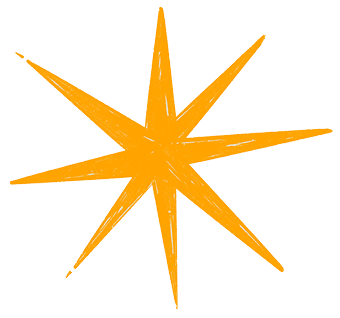
265+
Partners
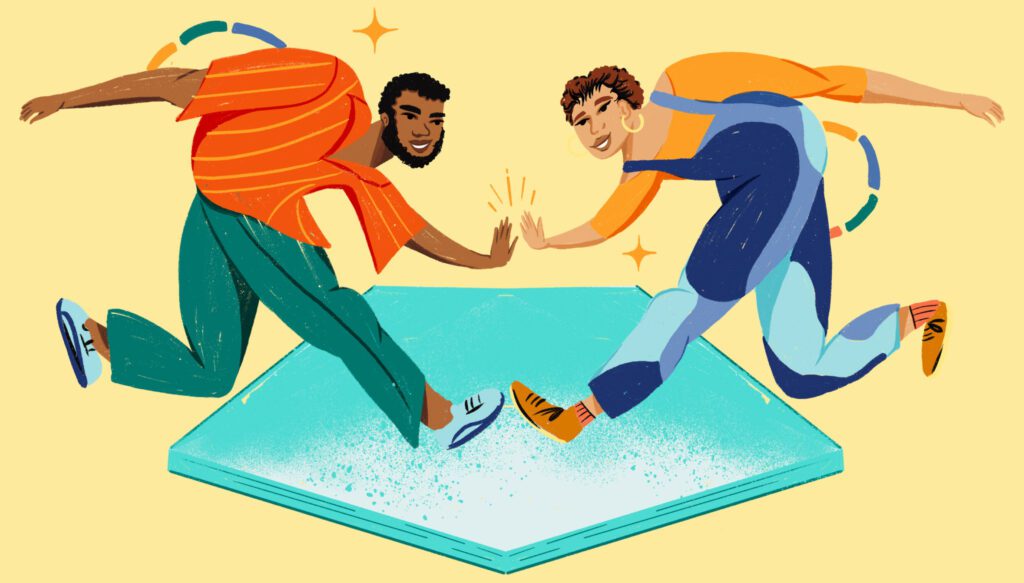
Our impact includes both for-profit and nonprofit education investments made as part of Omidyar Network as well as Imaginable Futures.
Illustration by TETIIZ
Partner Impact Stories
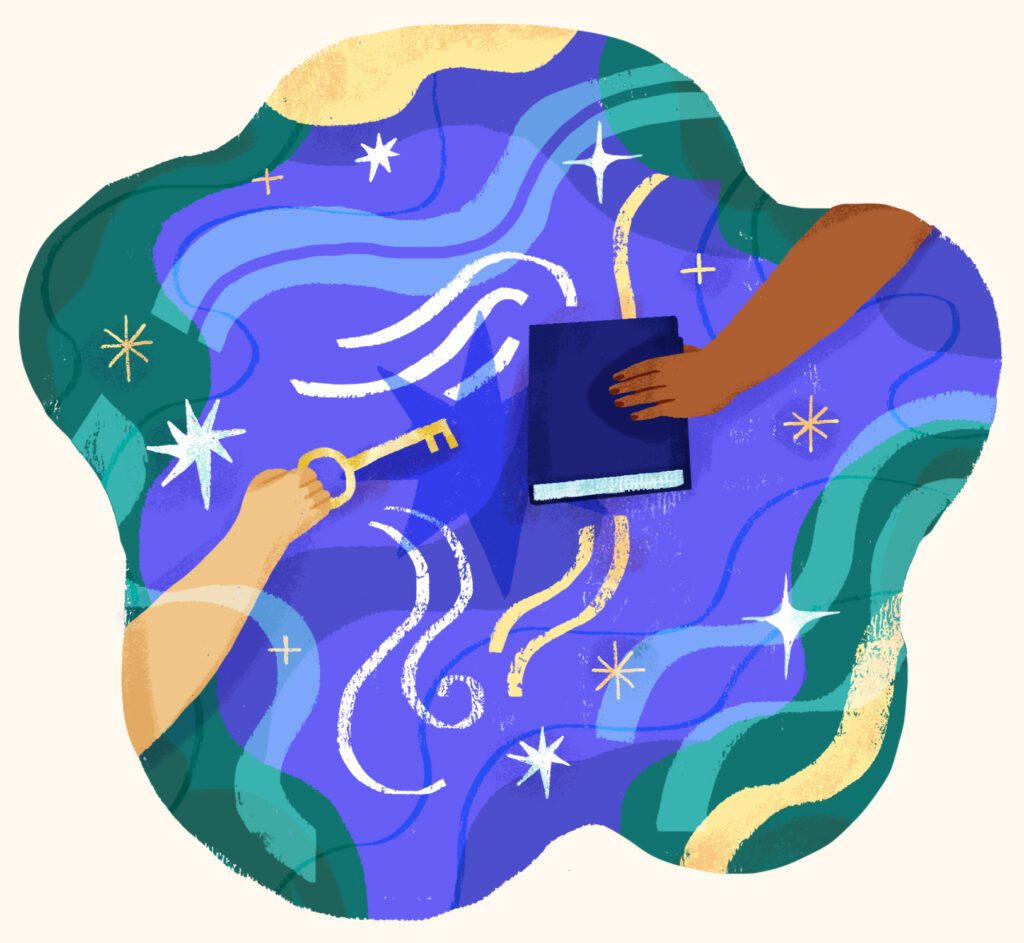
How We Partner
Our funding partners align with the deeply local strategies in the countries where we work. We identify partners on a rolling basis through research, listening and learning alongside partners and collaborators. Our investment process is agile—in line with the needs and best interest of the organizations we support. At this time, we are unable to accept unsolicited applications.
The Steps We Take to Invest
Getting to Know You & Your Work
We are always looking for partners who are working toward a similar vision within our funding countries of Kenya, Brazil and the United States. Therefore, when evaluating an opportunity, our first step is to determine if there is both strategic and geographic alignment.
Building a Trusted Relationship
Once we determine there is strategic and geographic alignment, we will engage by learning more about your vision, impact and operations. We will then co-create our partnership. Since our funding is designed to fuel broader systems change, we strive to structure funding as multi-year engagements and offer general operating support whenever feasible.
Once we determine there is strategic and geographic alignment, we will engage by learning more about your vision, impact and operations. We will then co-create our partnership. Since our funding is designed to fuel broader systems change, we strive to structure funding as multi-year engagements and offer general operating support whenever feasible.
Following Your Lead
We follow your lead as the expert. Our role is to support, not prescribe. We aim to be in conversation with you to understand what additional support is needed to strengthen your impact and organizational wellbeing. We adjust how and what we fund based on what we learn from our partners.
We follow your lead as the expert. Our role is to support, not prescribe. We aim to be in conversation with you to understand what additional support is needed to strengthen your impact and organizational wellbeing. We adjust how and what we fund based on what we learn from our partners.
Learning Together
We keep our reporting process simple and conversational to reduce burden and support honest reflection. By learning alongside you, we hope to help others overcome challenges, adopt effective approaches, and strengthen the broader field — creating a ripple effect that reaches far beyond any single initiative.
We keep our reporting process simple and conversational to reduce burden and support honest reflection. By learning alongside you, we hope to help others overcome challenges, adopt effective approaches, and strengthen the broader field — creating a ripple effect that reaches far beyond any single initiative.
Frequently Asked
Questions
Looking for more information? Our FAQs provide clear answers to common questions about our approach, processes, and impact. We aim to be as open as possible, sharing what you need to know to better understand our work and how we navigate key issues.

